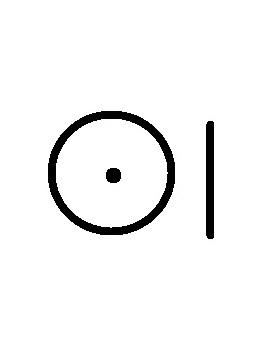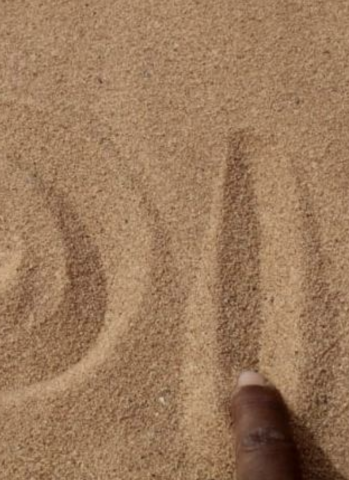For centuries, the history of science in Africa has been generally disregarded or devalued: either its findings were not considered scientific, or they have been presented as if they can only be obtained and understood by Western scientists. The project “An African History of Knowledge and Science beyond Academic Conventions” strives to enhance bottom-up research and create local impact in Africa, and foster inter-African networking. It is decidedly interdisciplinary, and shows a particular emphasis on collaboration between scholars with and without academic backgrounds.
The project has two primary objectives:
- offer a space for heterogenous knowledge, as well as epistemologies that have been disregarded in dominant science, and
- counter the processes of alienation, dispossession and marginalization that challenge scientific African knowledge.
Their combination intends to foster new space for investigating questions about the ownership of knowledge and to reconceptualize the “archive” crucial for documenting the history of African science. Here we are particularly interested in collaborating with scientists working in both academia and "beyond academia" related, for example, to "local" science, "Indigenous" knowledge, or citizen science.
This project is funded by Supporting Members of the Max Planck Society through its Annual Donation Project 2022.
The logo we have chosen for our project represents the letters "s" and "n" of the Tifinagh alphabet used by the Tuaregs of the Sahara and Sahel. In all Berber languages, these two letters form the root of words related to the verb "to know.” Tifinagh have their origins in the ancient Lybico-Berber alphabet, which was in use in the first millennium BC.
Project Members
-
Dida Badi
Dida Badi’s scientific career has been entirely devoted to the study of the knowledge and skills of Tuareg populations of the Sahara and Sahel. He obtained his PhD in African Ethnology at the Bayreuth Graduate School of African Studies, University of Bayreuth, Germany, with his research on Récits d´origines et de fondations de communautés nomades et sédentaires touarègues du Tassili n’Ajjer (Algérie/Libye).
Dida began his research in the field of prehistoric archaeology in the Central Sahara. He focused on the typology of Saharan rock art and Neolithic funerary monuments in Algeria’s Ahaggar massif. Later, while studying Maghreb civilization in the Berber Language and Culture Department at the University of Tizi-Ouzou, Algeria, he worked on the oral traditions of the Tuareg of the Adagh des Ifughas (Algeria/Mali). In the same department, he was associate professor of Tuareg language between 1991 and 2008.
Dida worked as a permanent researcher at the Centre National des Recherches Préhistoriques, Anthropologiques et Historiques (CNRPAH) in Algiers from 1991 to 2017. As part of his activities at the CNRPAH, he has produced several books and studies, as well as documentary films and radio programs devoted to the current mutations among Tuareg populations of the Sahara and Sahel. From 2014 to 2016, Dida also worked as an expert anthropologist for the evaluation of biodiversity and ecosystem services in the Ahaggar and Tassili n’Ajjer (Algeria). Finally, from 2017 to 2020, he was carrying out research in the framework of the DFG project “Political Orders in the Making” at Bayreuth University / Germany.
Dida is currently Director of the Kidal Resource Center (Mali), which he founded in 2021. https://centreressourceskidal.com
Publications
- 2019. Sur les chemins tortueux de la paix au Nord Mali. In: Identités sahéliennes en temps de crise: Passé et présent. Amy Niang, Baz Lecocq & Emy Niang (eds.). Leiden: Brill.
- 2012. Les Touaregs du Tassili n’Ajjer: Mémoire collective et organisation sociale. Alger: [Mémoires du Centre National de Recherches Préhistoriques, Anthropologiques et Historiques d’Alger, 17]. Alger: CNRPAH.
- 2010. Les Touaregs de l’Adagh des Ifughas: A travers leurs Traditions Orales. [Mémoires du Centre National de Recherches Préhistoriques, Anthropologiques et Historiques, 13]. Alger: CNRPAH.
- 2007. L’imzad: une musique millénaire touarègue. Alger: ENAG, Alger.
Contact
-
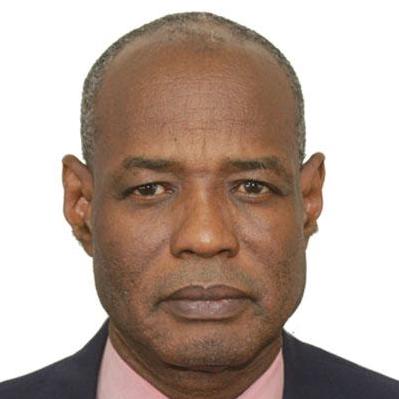 Yacouba Banhoro
Yacouba BanhoroYacouba Banhoro from Burkina Faso is senior lecturer in contemporary history at the Department of History and Archaeology at the University Joseph Ki-Zerbo in Ouagadougou, where he is working since 2007. His teaching and research focuses African history, in particular economic history, the history of international relations, as well as the history of health. In the latter, Yacouba takes a special interest, and here he places a particular focus on issues related to the history of science. In early 2023, he successfully conducted a project on “Globalisation and Policy in West Africa” at the Bayreuth Cluster of excellence.
Publications
- Yacouba Banhoro, 2022, Pratiques médicales traditionnelles anti-ophidiennes : une perspective d’historien », in Annales de l’Université Joseph KI-ZERBO, Série A, vol. 032, Juillet 2022, pp. 107–121.
- Yacouba Banhoro, Kampadilemba Ouoba, Rasmané Semdé, 2020, Contemporary History of Pharmacy in Burkina Faso. Paris: L’Harmattan.
- Yacouba Banhoro, 2019, Emergence of hospitals in Burkina Faso: the case of the Yalgado Ouédraogo University Hospital Center of Ouagadougou, in Sissao Claude et. al. (eds.), History of Towns in Africa. Realities and Representations in the Long Haul. The Case of Burkina Faso. Ouagadougou: PUO and Sankofa-Gurli, pp. 11–41.
Contact
-
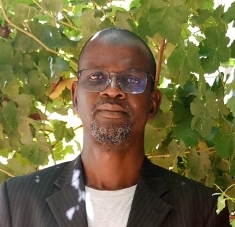 Sani Ibrahim
Sani IbrahimSani Ibrahim studied physical geography at the Abdou Moumouni University in Niamey, Niger. He specialised in sedimentology and the study of palaeoenvironments. He is currently working on the transformation dynamics of Sahelo-Saharan environments (arid and semi-arid zones). His PhD, defended at the Institute of Physical Geography and Geology at the Julius Maximilian University in Würzburg, focused current morphological changes in the surface layers of dunes and the potential for regenerating degraded soils and ecosystems.
Sani currently teaches and carries out research at the Geography Department of the University of Niamey in the fields of geomorphology, applied climatology and applied hydrology. He has carried out a wide range of development work on water bodies, farmland as well as degraded land. Furthermore, he provides training for local players in cartography, waste management, sanitation, etc.
Publications
- Ibrahim, S. & E. Schulz. 2019. At the sources of fear. The Guidimouni record (Sud-Est Niger) and the history of the desertification. Zentralblatt der Geologie und Paläontologie, I (2), 11–25. DOI:10.1127/zgpI/2019/0011-0025
- Maman, I., S. Ibrahim, I. Bouzou Moussa. 2018. Femmes et resilience des ménages ruraux à Banizoumbou dans l’ouest-nigérien. Revue des Sciences Environnementales de l’Université de Lomé 15 (2). 131–150.
- S. Ibrahim & B. Sponholz. 2015. Recent modifications in the Sahelian dune landscapes: geophysical & geochemical characteristics and evidence of new sediment input in the subsurface horizons (0-20 cm) of dunes fixed by vegetation in Niger. Mitteilungen der Fränkischen Geographischen Gesellschaft 61.30.
- Ibrahim, S. & I. Ousseini. 2009. The Sahelian and Saharan dune system of Niger. A comparison of their granulometric characteristics. Palaeoecology of Africa 29, 239–246.
Contact
-
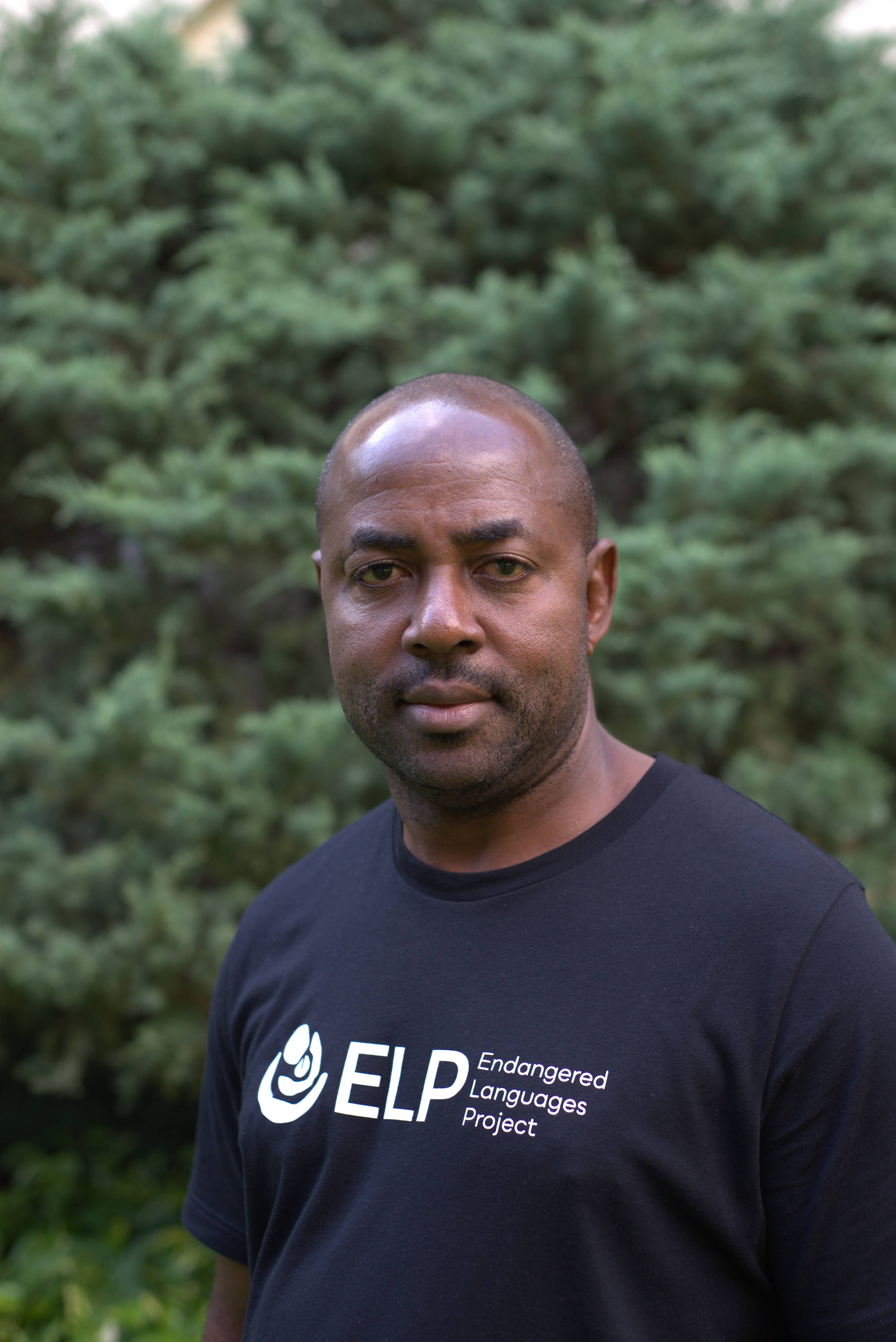 Emmanuel Ngue Um
Emmanuel Ngue UmEmmanuel Ngue Um is a Visiting Scholar of the project "An African History of Knowledge and Science beyond Academic Conventions" and Associate Professor of African Languages and Linguistics at the Higher Teacher Training College of the University of Yaounde 1 in Cameroon. He is also Associate Editor of the International Journal of Arts and Humanities Computing (IJHAC). He received his PhD from the University of Provence (Aix-Marseille Université) in 2010. His research interests are language documentation and description, language revitalization, digital humanities, artificial intelligence and the history of African linguistics.
Being multilingual in several minority languages of Cameroon, such as Basaa, Ewondo, Duala, Bati, Bakola, Mvumbo, he has direct experience of what it means to be a member of a language group with few resources in a world where technology is increasingly mediating between language and society. Awareness of the language technology gap between a few resource-rich languages and the majority of less-endowed languages has been the main impetus for his involvement in technology-centered language activism. This activism manifests itself through language revitalization work in four key areas: first, through teaching; second, as a member of advocacy groups; third, through language data collection for machine learning; and fourth, through the development of machine translation systems.
Dr. Ngue Um has been teaching and researching language documentation and description, computational tools and methods for the study and revitalization of lesser-endowed languages in Africa for the past 14 years. He has organized and participated in several training events on digital humanities and technologies for enhanced documentation of African languages in Africa, Europe and the US. Since 2018, he has been a member of the Endangered Languages Project (ELP). In this position, he plays an active role in setting the vision and defining strategic plans and agendas for language preservation around the world. He is also the community representative for Basaa in Mozilla's Common Voice Initiative, a language data collection project for speech technology, and Principal Investigator for Common Voice Basaa. Dr. Ngue Um is also the main contributor to the Ewondo-French language pair, a rule-based machine translation system hosted on the Apertium platform.
He was the Director of the Archive of Languages and Oral Resources of Africa (ALORA) from 2014 to 2020 at the International Centre for Research and Documentation on African Traditions and Languages (CERDOTOLA). He is passionate about language technology and its potential to preserve linguistic diversity and contribute to making artificial intelligence more equitable and inclusive.
Profile
-
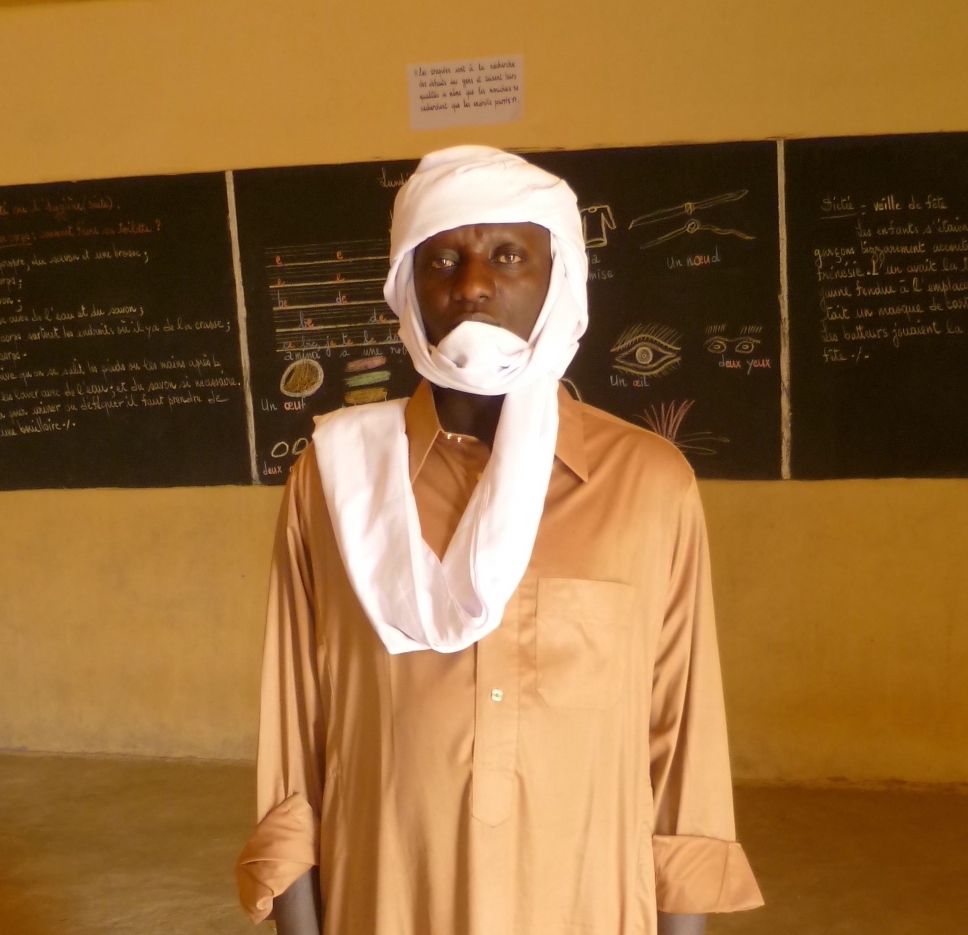 Mahuma Abaliy Sediké
Mahuma Abaliy SedikéMahuma Abaliy Sediké is a member of the Gunna clan of the Tubu Teda and a native of Dirkou, a town in the arrondissement of Bilma, on the northeastern edge of Niger. After primary and secondary school, he joined a rebellion in the 1990s before being integrated, following the Algiers peace agreements (1997), into the National Intervention and Security Forces (FNIS) of his country. He left the latter to become a teacher of nomadic children in Agadem (northeastern Niger). Attached from an early age to his cultural values and particularly interested in proverbs, he began, during his teaching career, doing research as a local historian. This research culminated, in 2021, in the publication of his book Pensées Toubou, supported by the Society for Endangered Languages in Germany. Today, Mahuma works in the humanitarian field and continues his research on the oral tradition and history of the Toubou.
Publications
- 2021. DAGA TUDAA. Pensées Toubou: Proverbes du Sahara Central. [Saharastudien / Saharan Studies / Études Sahariennes]. Münster: LIT-Verlag.
- 2019. Un mariage par rapt chez les Toubou Teda. Transgresser pour conserver la paix sociale. In: Hüsken, Thomas; Solyga, Alexander; Badi, Dida (eds.). The Multiplicity of Orders and Practises. A Tribute to Georg Klute. Topics in Interdisciplinary African Studies, 50. Köln: Rüdiger Köppe Verlag. 363–384. (together with Tilman Musch).
Contact
Project Coordinator
-
Tilman Musch
Tilman Musch conducts research on human-environment relations in arid regions. His scientific itinerary has led him to research sites ranging from Inner Asia to the northern Sahel, and most recently to the Central Sahara. He received his doctorate at the Institut de Langues et Civilisations Orientales in France with a thesis on spatial concepts of (former) nomads in the Baikal region and Mongolia. At the University of Bayreuth, he conducted research on territoriality, land tenure, and pastoral mobility among nomadic groups. In 2021, he was awarded his habilitation at the University of Bayreuth for his research on concepts of space and time in the desert. Tilman is currently coordinating the research initiative “An African History of Knowledge and Science Beyond Academic Conventions” at the MPIWG. This initiative directs special attention to projects that creatively and critically examine the ownership of knowledge and promote collaborative enterprises that activate new generative conceptions of the “archive.” Under the umbrella of this initiative, Tilman is also conducting his own research on how humans, animals, and plants interacted and interact with the (hyper-)arid and scarce spaces they inhabit, on how environmental knowledge emerged and emerges from these relationships, and on how such knowledge contributes to resilience.
Contact

